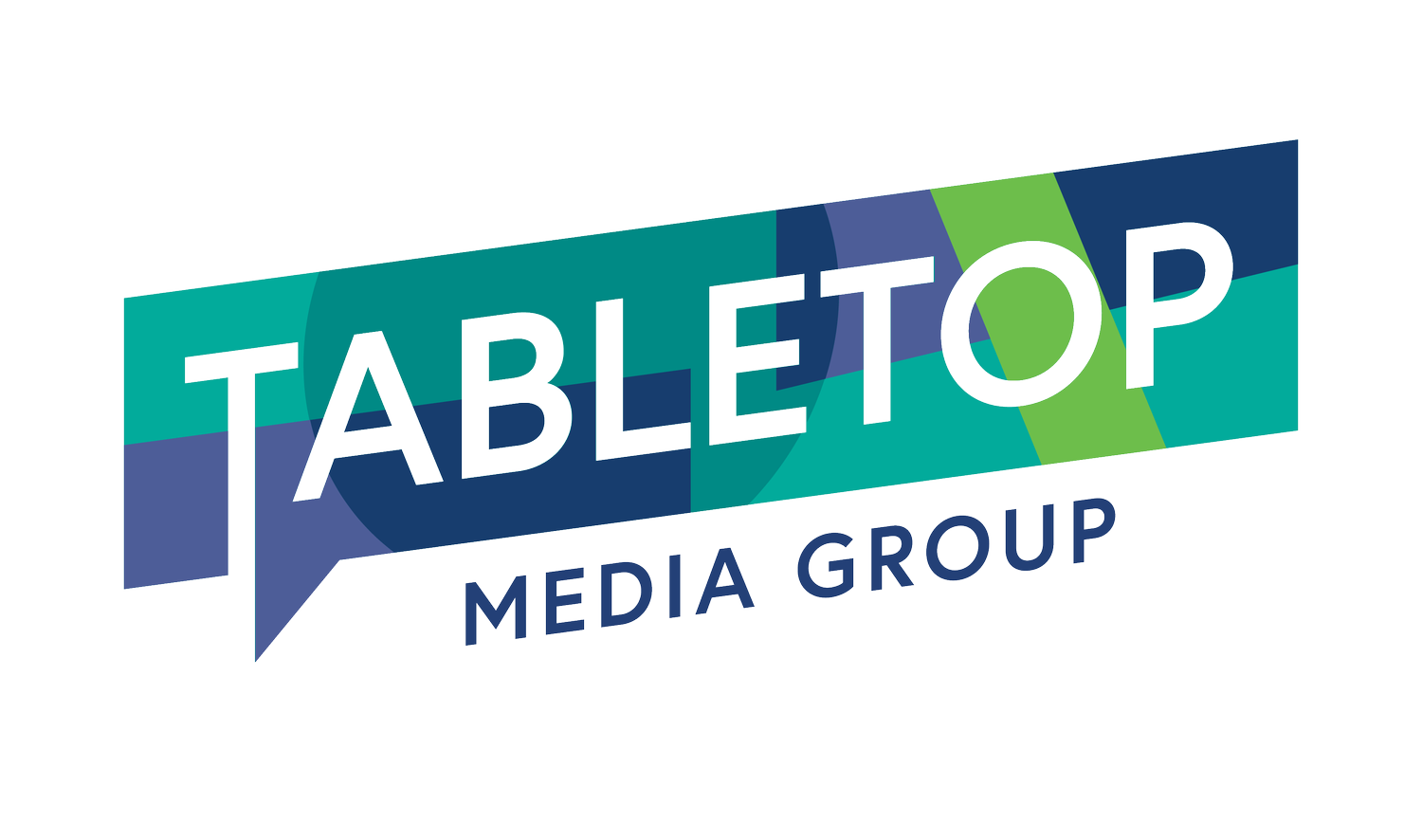A Brief Look at the Ethics of Social Media
In our modern world, social media has become more than just a simple diversion. It’s a stage, a marketing tool, and a news source. Social media has many moving parts: people connecting with people, businesses connecting with consumers, and the government connecting with the public. It’s a powerful tool that has changed the way in which we interact with the world today. That being said, we must all take into account the responsibility that comes with having a social media platform. I will briefly take a look at a few things to keep in mind to make sure that the presence you or your business are putting out there is a positive one.
All of us can do better at creating content that is diverse, educated, and positive. To become a voice that people want to hear, you must first become a voice that people respect and trust. If you take anything away from this I hope that it is to acknowledge that social media is not just a marketing tool, it’s a way to develop personal connections and engage with society. For businesses, it is a chance to develop real brand loyalty by being open and communicating with the public. Plus, you can have fun with it!
The Importance of Inclusivity
The spectrum of age, race, gender, sexuality, disability, wealth, and more are all your audience. Only targeting one particular subset of people not only limits your market, but it’s unethical. When creating campaigns, reaching out to influencers, or having a photoshoot, always make sure that you are being sensitive in showcasing all kinds of different people and circumstances. Be aware and notice the holes in your messaging. This world is diverse and beautiful and all corners of it deserve to be shown.
Keeping Up With Current Events
Being uninformed is simply not an option. As stated earlier, social media is about having a direct connection, which is why it is no surprise that social media is where people turn for up to date information. This can be as simple as making sure that a post is not talking about the nice weather as a storm is rolling in, to larger cultural events. Take for example the COVID-19 pandemic, people turned to a business’ Instagram, Twitter, and Facebook pages to easily find out current news about precautions and services that particular business was offering.
It’s also important to be well informed to make sure that you are being sensitive to what is happening around you. For instance, if it’s Memorial Day, being sensitive to the meaning of that day is important, and using it as a marketing tool is generally frowned upon. For these instances use your best judgment and educate yourself.
Do Your Research
Along the same lines of making sure that you are well informed, you want to make sure that the information you are putting out there is correct. If you are sharing an article or statistic, ensure it’s from a reputable source and give credit where it’s due. Do not fall into the fake news trap! Your audience looks to you to be an expert, so you must do your homework.
Bonus note: In that same vein, if you are using an image that is not yours, always make sure to find the source so that you can give proper photo credit.
More Than Just a Photograph
In the social media world, a picture is worth more than a thousand words! You have less than a second to capture the attention of your audience, and an interesting and beautiful photo will do exactly that. But when there is so much competition out there, there’s more pressure into getting that perfect “Insta-worthy” shot.
For example, when photographing food, it is natural that you want it to look the best that it can. But if that goal changes the way in which the dish is actually served, then maybe that is going a step too far. You don’t want to post a photo of a tower of ice cream if that is not actually how it is supposed to be served. While I would not go as far as calling it false advertising, it does create a false sense of reality. Always make sure that your photos maintain the integrity of whatever it is that you are trying to promote.
A Word On Influencers
When talking about ethics, it would be remiss to not address influencers. Influencers have voices that people care about, and with that comes a responsibility to their followers as well as their reputation. Influencers will not back a product, service, or experience that they did not enjoy or that they do not recommend. For businesses working with influencers, you must understand this. A glowing review is not guaranteed nor should it always be expected. You still have to work for that customer just like you would for any other customer. Both the influencer and the business must put their best foot forward so that both of you will be successful.
Bonus note: Influencers, publicly criticizing a business after a less than pleasant experience may seem like the right thing to do, but I urge caution. Give them the benefit of the doubt. It could have been an off day, the server may be new, or they are still working out the kinks. When presented with a substandard experience, we recommend connecting with them directly and perhaps give them a second shot. Businesses value your direct feedback and will most likely make changes based on your information. So before you post on social media with a preemptive review, give businesses a chance to make it right. Remember, everyone makes mistakes and has off days. A little grace can go a long way before potentially causing a negative impact on someone’s livelihood.




